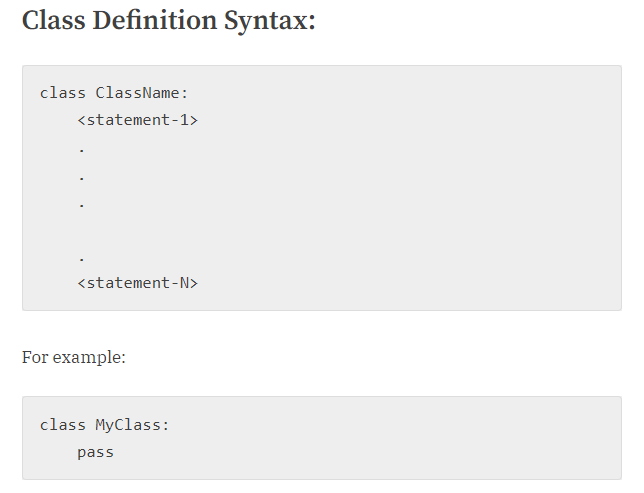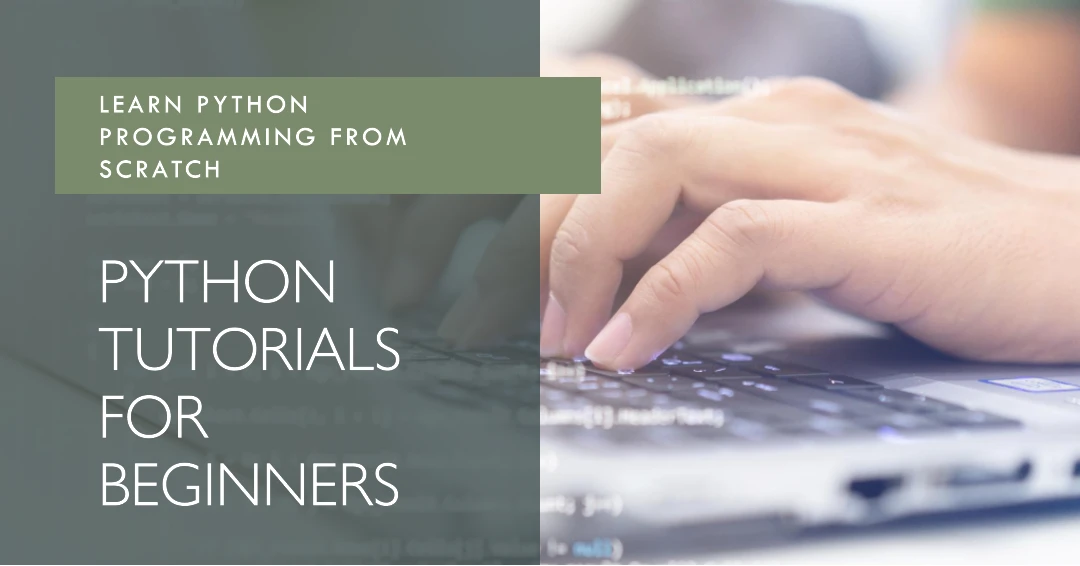
5 Tips to Make Your Python Journey Smooth
Learning Python can be an exciting and rewarding experience, but like any journey, it can also come with its challenges. Whether you are a beginner or looking to deepen your expertise, here are five tips that can help you navigate your Python learning path with ease and efficiency.
Tip 1: Utilize AI Tools like ChatGPT and Google Gemini
Why Use AI Tools?
When you’re learning Python, you’re bound to encounter obstacles. Perhaps your code isn’t running as expected, or you’re not getting the desired results. Traditionally, you might spend hours searching on Google, reading through forums, and experimenting with different solutions. This process can be time-consuming and frustrating.
Enter AI tools like ChatGPT and Google Gemini. These tools can provide quick, accurate answers to your coding questions, saving you valuable time and effort. Simply input your code and describe the issue, and these AI-powered assistants can help identify the problem and suggest solutions. They are especially adept at handling common beginner issues, making them invaluable resources.
ChatGPT vs. Google Gemini (formally Bard)
While ChatGPT and Google Gemini both offer powerful assistance, they have their own strengths and weaknesses. ChatGPT, developed by OpenAI, excels in understanding and generating human-like text, making it great for conversationally explaining complex concepts. On the other hand, Google Gemini, with its vast integration into Google’s search engine, can provide more diverse resources and up-to-date information.
Using both tools can give you a comprehensive approach to problem-solving. Try them out and see which one works best for your needs, but don’t limit yourself to just one. Leveraging both can give you a broader perspective and more robust solutions.
Tip 2: Stick to One Course
The Pitfalls of Switching Courses
In today’s digital age, there are countless resources available for learning Python. From YouTube tutorials to online courses and textbooks, the choices are endless. However, jumping from one course to another can be counterproductive. It may seem tempting to switch when a course feels slow or too detailed, but constantly changing your learning resource can hinder your progress.
When you stick to one course, you give yourself the opportunity to fully grasp the material. Switching too often can lead to confusion and gaps in your knowledge, making it harder to build a solid foundation.
Commitment to a Learning Path
It’s natural to feel uneasy or overwhelmed when learning something new. For instance, if you’ve chosen the “100 Days of Code Python” course and start feeling restless after 10 videos, understand that this is part of the learning process. The initial discomfort is a sign that you are challenging your brain and absorbing new information.
Commit to a single course and follow it through to the end. Practice consistently and give yourself time to internalize the concepts. Remember, learning Python is not a race. The “100 Days of Code Python” course is designed to be completed in 100 days, not 5 or 6. Treat it as a challenge and stick to the schedule, and you will see significant improvement over time.
Tip 3: Make Personal Notes
The Benefits of Personal Notes
While many courses provide detailed notes and resources, creating your own notes can be incredibly beneficial. Personal notes help reinforce what you’ve learned and allow you to tailor the information to your understanding. When you write things down in your own words, you are more likely to remember them.
Customizing Your Learning
Your personal notes should reflect your unique learning style and focus areas. For example, if you’re particularly interested in machine learning, you might take more detailed notes on related videos or topics. Personalizing your notes ensures that you are capturing the information most relevant to you and can refer back to it as needed.
Also Read: The Top 10 Best Online Python Courses for Beginners
Tip 4: Engage in Fun Projects Early
The Importance of Practical Application
Theory is important, but practical application is where real learning happens. Engaging in fun projects early in your learning journey can make the process more enjoyable and help solidify your understanding. Simple projects like creating a basic snake game using Pygame can provide a sense of accomplishment and make learning feel less like a chore.
The Motivation Boost
Seeing the results of your efforts can be a powerful motivator. When you complete a project and see it in action, it validates the time and effort you’ve invested. This boost in motivation can propel you forward and encourage you to tackle more complex challenges. Personal anecdotes, like my own experience with early projects, highlight how impactful this can be.
When I first started learning Python, I quickly moved on to creating small games with Pygame. This hands-on experience not only made learning fun but also provided a tangible way to track my progress. The sooner you start working on fun projects, the more engaged and motivated you will be.
Tip 5: Incorporate Python into Daily Life
Practical Real-World Applications
Integrating Python into your daily life can make learning feel more relevant and useful. Simple projects like a drink water reminder or a home automation system can demonstrate the practical applications of your skills. These projects don’t have to be complex; even small scripts that automate routine tasks can be incredibly satisfying.
Creating Tools for Personal Use
One of the most rewarding aspects of learning Python is using it to create tools that solve your own problems. For example, I developed a tool that converted my HTML code into React code by replacing class with className and for with htmlFor. This tool saved me a lot of time and effort, and the satisfaction of creating something useful was immense.
When you use Python to solve real-world problems, you gain a deeper understanding of its capabilities and potential. This practical experience not only enhances your skills but also keeps you motivated to learn more.
Recommended Courses
To supplement your learning, I recommend a few excellent Python courses. If you prefer learning in Hindi, my “100 Days of Code Python” course is a great option. For those who are more comfortable with English, Dr. Angela Yu’s “100 Days of Code” course is highly recommended. For those interested in web development, the Django course by Maximilian Schwarzmüller and a comprehensive Flask course are excellent choices. Additionally, if you need to integrate Python with PostgreSQL, there are specialized courses available.
Conclusion
Learning Python is a journey that requires patience, persistence, and the right resources. By utilizing AI tools, committing to a single course, making personal notes, engaging in fun projects, and incorporating Python into your daily life, you can make your Python learning journey smooth and enjoyable.
Remember, Python is not just a programming language; it’s a gateway to numerous opportunities in the tech world. Whether you aim to become a junior developer or aspire to senior-level roles, these tips will help you build a strong foundation and advance your skills.
I hope these tips have provided valuable insights and will aid you in your Python journey. If you have any experiences or tips to share, feel free to leave a comment. Subscribe to this blog for more Python programming content and stay updated with the latest tips and resources. Don’t forget to check out the recommended courses using the links provided and take advantage of the special offers.
Happy coding!




